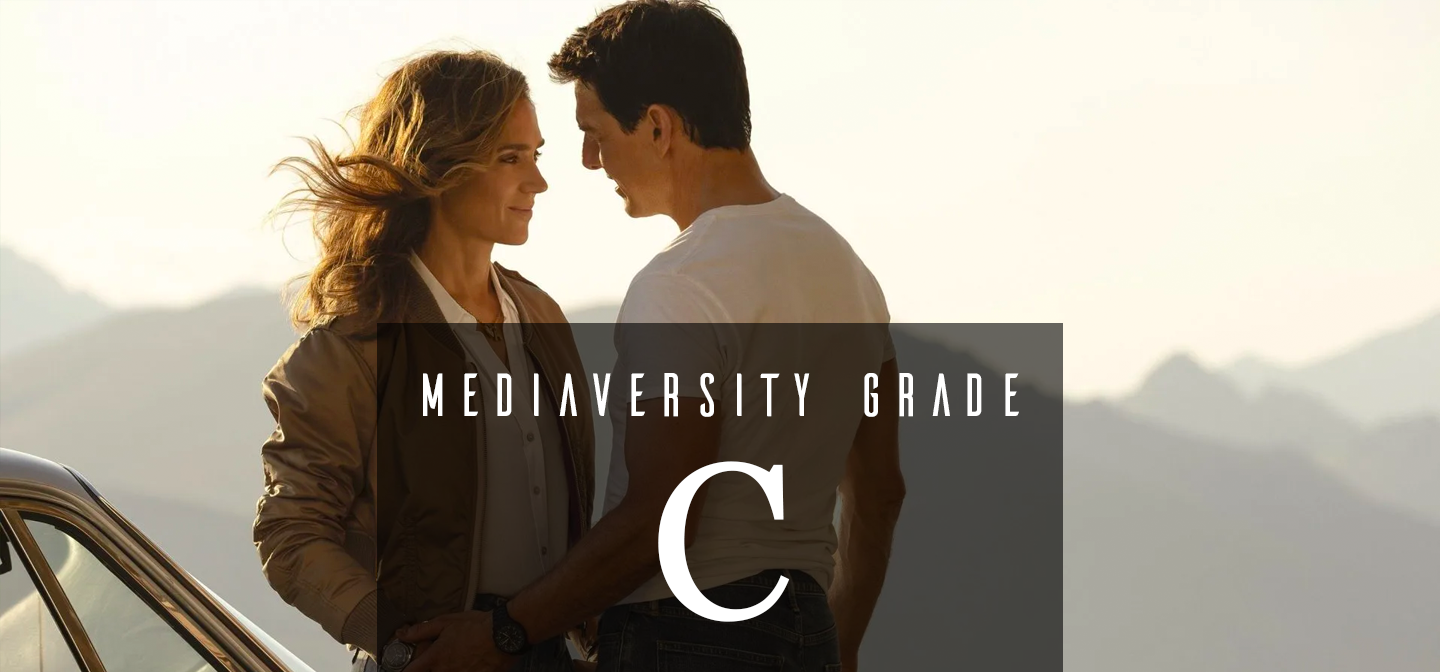Warfare
“Warfare brilliantly recreates the nightmare the SEALs went through, but at the cost of sidelining Iraqis.”
Title: Warfare (2025)
Directors: Alex Garland 👨🏼🇬🇧 and Ray Mendoza 👨🏽🇺🇸
Writers: Alex Garland 👨🏼🇬🇧 and Ray Mendoza 👨🏽🇺🇸
Reviewed by Gavin 👨🏼🇬🇧🌈♿
—SPOILERS AHEAD—
Technical: 4/5
Cinema has told us time and time again that “War is hell” through classics such as Come And See (1985), Saving Private Ryan (1998), and more recently, All Quiet On The Western Front (2022). Co-directors Alex Garland and Ray Mendoza provide the most distilled version of this maxim through Warfare. A portrayal of a real Navy SEAL unit in 2006 Iraq, we’re told at the beginning of the film that “The film uses only their memories,” and those recollections are truly hellish, as a routine surveillance operation quickly erupts into explosions and flying bullets.
Still, Warfare doesn’t follow war movie conventions. There is no score to manipulate emotions, no rousing monologues to get a message across. We don’t get to know the SEALs outside of the present moment. Garland and Mendoza trust the audience to follow along, unapologetic about using military jargon. We understand that Erik (Will Poulter) is the leader, Elliott (Cosmo Jarvis) the watchful sniper, Tommy (Kit Connor) the young gunner, and Ray the communications officer—who also happens to be the film’s co-director, Mendoza, as portrayed by D’Pharaoh Woon-A-Tai.
Like Garland’s previous film, Civil War (2024), Warfare is technically accomplished. The lean 95-minute runtime ratchets up the tension before all hell breaks loose after an IED detonation causes deaths and serious injury to the SEAL unit. Sound design is crucial, with ear-splittingly loud artillery paired with unnerving quiet moments. The large-frame format and bombastic acoustics let the unfolding horror fill the senses. Warfare is far from a comfortable watch.
But what is even more uncomfortable is how the filmmakers ignore the real-world context of the film’s narrative. Yes, Garland and Mendoza brilliantly depict the nightmare the SEALs went through, but it comes at the cost of sidelining the Iraqis also affected by the attack.
Gender: 2/5
Does it pass the Bechdel Test? NOPE
Even with the film based on a real, all-male SEAL unit, a handful of women make a brief appearance. The residential home that the Americans take over, and find themselves in for most of the runtime, belongs to two Iraqi families, including two young daughters (Amira Dutton and Donya Hussen) and two wives (Inbal Amram and Sima Pollitt). Since the SEALs don’t get to know them, neither do we. These women simply act as a proxy for all terrified Iraqi families who faced invading American forces.
Race: 2/5
Within the SEAL unit, there are notable characters of colour. Chief amongst them is Ray, played by Oji-Cree First Nations actor Woon-A-Tai. Juggling duties as a communications officer and saving his severely wounded friend after the attack, Woon-A-Tai is Warfare’s standout performer. His cool exterior cracks as the pressure mounts, and horror is visible in his eyes. Other members of the unit include Jake (Charles Melton, who is Korean American) and Sgt Laerrus (Adain Bradley, who is Black British-American). It’s great to see some diversity amongst the main cast, even if the topic of race never comes up during the film.
Outside of the Iraqi families (plus nondescript Iraqi civilians and insurgents), two Iraqi scouts work with the SEALs: Falah (Rayhan Ali) and Sidar (Heider Ali). Two brief moments show the pair sharing concerns about the situation at hand, but we don’t really get to hear their perspectives even though they’re part of the unit. During the attack, one is brutally killed, but neither the Americans nor the film laments their death. All Iraqi characters are essentially treated as fodder for the American invaders.
In multiple interviews, and even in the Q&A with Garland and cast members at the start of my in-person screening for this review, the filmmakers make it crystal clear that they don’t intend any commentary on the United States’ invasion of Iraq in the 2000s. Letting the audience draw their own conclusions can be a powerful use of cinema, but with real history involved, it comes off as disingenuous to the Iraqis. Warfare’s final scene shows the families and insurgents surveying the destruction of their neighbourhood. In the moment, it’s a powerful and evocative ending. But after sitting with the film, and realising how it completely avoids mentioning what led to the event the film centres on, Warfare’s re-creation of a moment in the Iraq War feels misguided, and in poor taste.
Mediaversity Grade: C- 2.66/5
Does Warfare succeed in its mission statement? Yes. But in choosing to ignore the real history behind what is shown on screen, the film leaves a sour taste.




